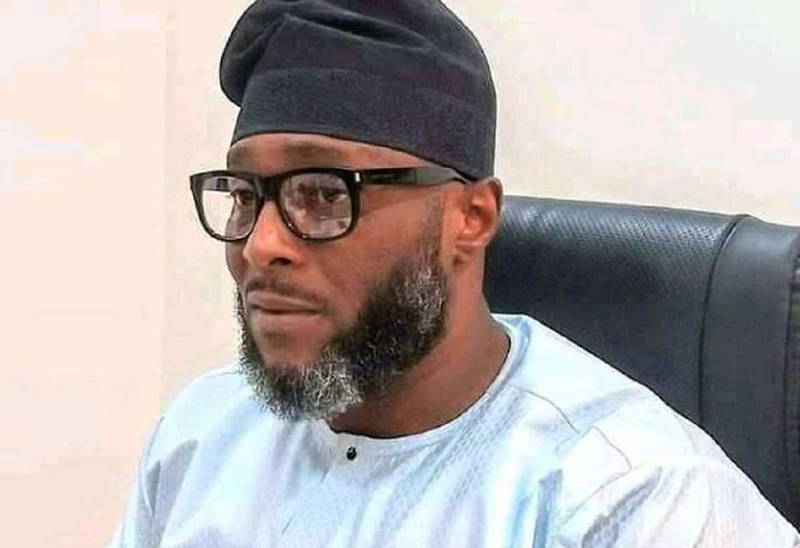Featured
Tougher Times Ahead As Tinubu Sets July 1 for Electricity Tariff Hike
-

 Boss Of The Week4 days ago
Boss Of The Week4 days agoProf Jide Owoeye: When a Distinguished Academic Turns 70
-

 The Oracle5 days ago
The Oracle5 days agoThe Oracle: Entertainment is the Next Hope for Nigeria After Oil (Pt. 2)
-

 Opinion4 days ago
Opinion4 days agoBeyond the Vision: The Alchemy of Turning Ideas into Execution
-

 Middle East4 days ago
Middle East4 days agoIran’s Supreme Leader Khamenei Cut Off from Contact, Fate Unknown
-

 Islam6 days ago
Islam6 days agoFriday Sermon: Reflections on Ramadan 2: The Taraweeh Conundrum
-

 National4 days ago
National4 days agoFederal Government Issues Travel, Safety Warning for Nigerians in Iran, Gulf States
-

 Middle East4 days ago
Middle East4 days agoIran Confirms Supreme Leader Ali Khamenei Dead after US-Israeli Attacks
-

 National6 days ago
National6 days agoINEC Moves Presidential, Guber Elections to January and February Respectively















